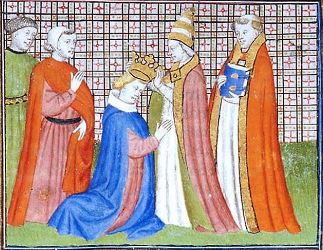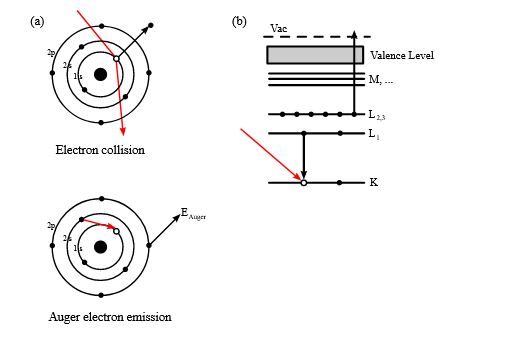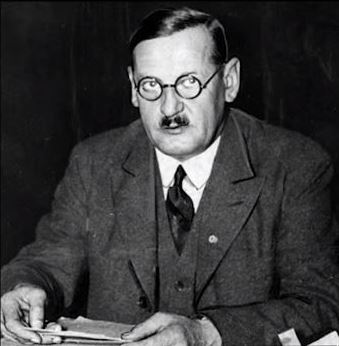An antipope is a figure who claims to be the Pope of the Roman Catholic Church but is not recognized as such by the legitimate Church authorities. The term “antipope” refers to someone who rises to power in opposition to a legitimately elected pope, often during periods of schism or political strife. This article explores the concept of the antipope, the historical context of antipopes, and their impact on the Catholic Church.
What Is an Antipope?
An antipope is a person who declares themselves or is declared as the Pope but lacks official recognition from the Roman Catholic Church. This typically happens during times of significant division within the Church, where rival factions support different candidates for the papacy.
The legitimacy of a pope is determined by the official process of election and confirmation by the Church. Antipope claims are generally the result of political, social, or religious conflicts rather than genuine theological or doctrinal differences.
Historical Context of Antipope
The phenomenon of antipopes is most prevalent during periods of schism within the Catholic Church. Here are some notable historical examples:
- The Western Schism (1378-1417): This is one of the most famous periods involving antipopes. Following the death of Pope Gregory XI, two rival factions emerged. One faction supported Urban VI, while another faction, disillusioned by Urban VI’s harsh reforms, elected Clement VII as antipope. This split created a parallel papacy in Avignon, France, which lasted until the Council of Constance resolved the schism in 1417.
- The Papal Schism of the 11th Century: During the Investiture Controversy, a conflict between the papacy and secular rulers over the appointment of bishops, antipopes like Clement III (Antipope) emerged. This schism was part of a larger struggle between the Church and various European monarchies.
- The 8th Century and the Antipope Constantine: The rise of Antipope Constantine in the 8th century exemplifies the complexities of papal legitimacy. His brief claim to the papacy was part of the broader political struggles of the time, including tensions between the Byzantine Empire and the emerging Papal States.
Roles and Impact of Antipope
The role of an antipope varies depending on the historical and political context. Here are some key aspects:
- Political Power Struggles: Many antipopes emerged as a result of political power struggles, where secular leaders or factions within the Church sought to control the papacy for their benefit. The presence of an antipope often reflects broader conflicts within the Church and European politics.
- Religious and Social Divisions: Antipope claims can deepen religious and social divisions within the Church. They can lead to confusion among the faithful and challenge the unity of the Catholic Church. The divisions caused by antipopes often require significant efforts to heal and restore unity.
- Resolution of Schisms: The resolution of antipapal claims often involves complex negotiations and councils, such as the Council of Constance, which resolved the Western Schism. These resolutions are crucial for restoring legitimacy and unity within the Church.
Famous Antipope Figures
Here are some notable antipopes who played significant roles in Church history:
- Antipope Clement VII (1378-1394): His claim to the papacy during the Western Schism was supported by the French monarchy and various European factions. The schism he was part of lasted for nearly 40 years and significantly impacted the Church’s structure and politics.
- Antipope Benedict XIII (1394-1423): Another key figure in the Western Schism, Benedict XIII continued to claim the papacy after the Council of Constance had elected a new pope, Martin V. His persistent claim exemplifies the challenges of resolving schisms in the Church.
- Antipope Honorius II (1061-1064): During the 11th century, Honorius II’s claim was part of the larger struggle between the papacy and secular rulers over the appointment of church officials.
Theological and Canonical Perspectives
From a theological and canonical perspective, antipopes are considered invalid as popes because they lack the necessary recognition and legitimacy from the Church’s official processes. The Catholic Church upholds the validity of papal elections conducted according to its established procedures and considers antipopes as usurpers or pretenders.
- Canonical Law: According to Canon Law, the pope is elected through a specific process involving the College of Cardinals. Antipope claims are generally seen as contrary to this process and, therefore, lacking in legitimacy.
- Theological Implications: The presence of antipopes can create theological confusion, as their claims challenge the authority of the legitimate pope and the unity of the Church. The resolution of such conflicts is crucial for maintaining doctrinal clarity and unity.
The Legacy of Antipope Claims
The history of antipopes reflects periods of significant turmoil and division within the Catholic Church. While antipopes often arise from complex political and social conflicts, their impact is primarily felt through the challenges they pose to the Church’s unity and legitimacy. Understanding the role and history of antipopes provides insight into the broader historical and theological context of the Catholic Church and its enduring efforts to maintain unity and authenticity.
Antipope claims, though historically significant, are ultimately resolved through Church councils and negotiations that reaffirm the legitimacy of the papacy and restore unity within the Church. The legacy of antipopes serves as a reminder of the complexities and challenges faced by the Church throughout its history.




